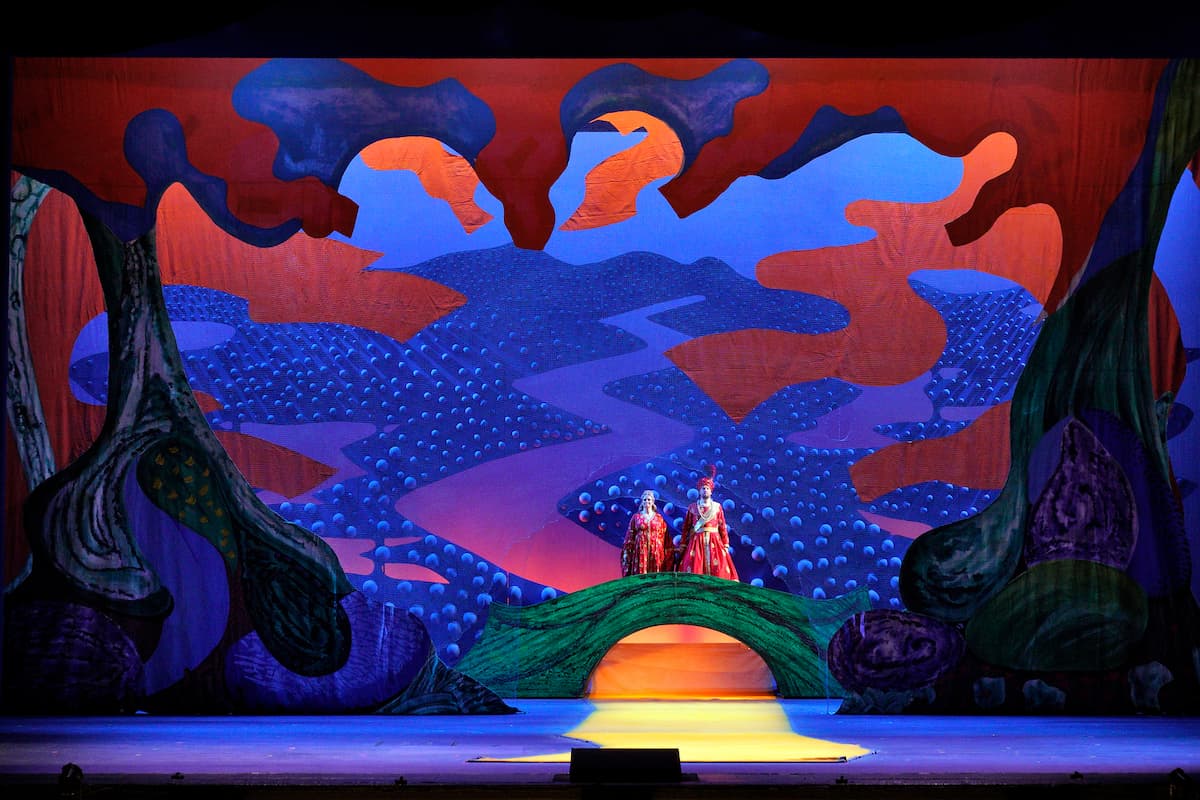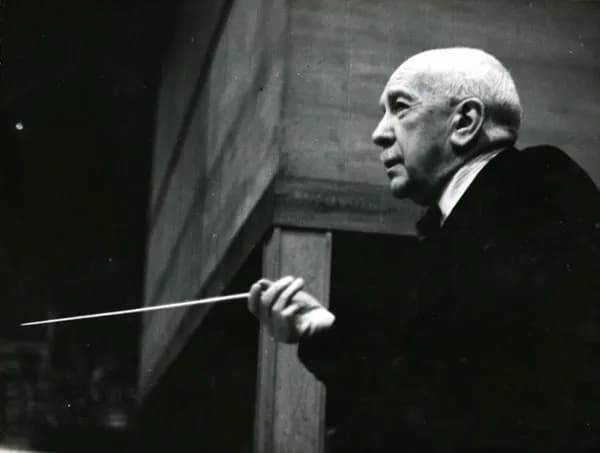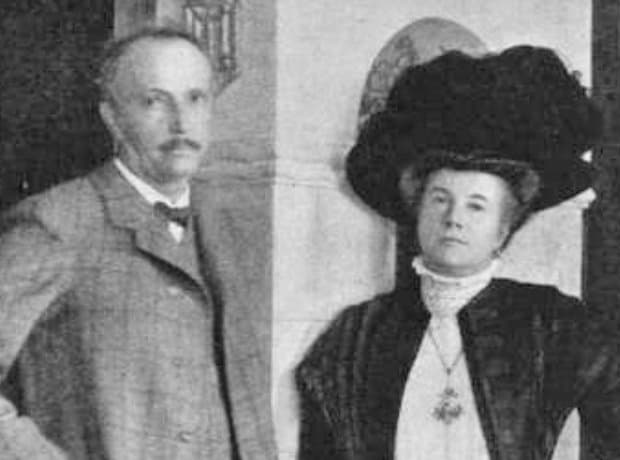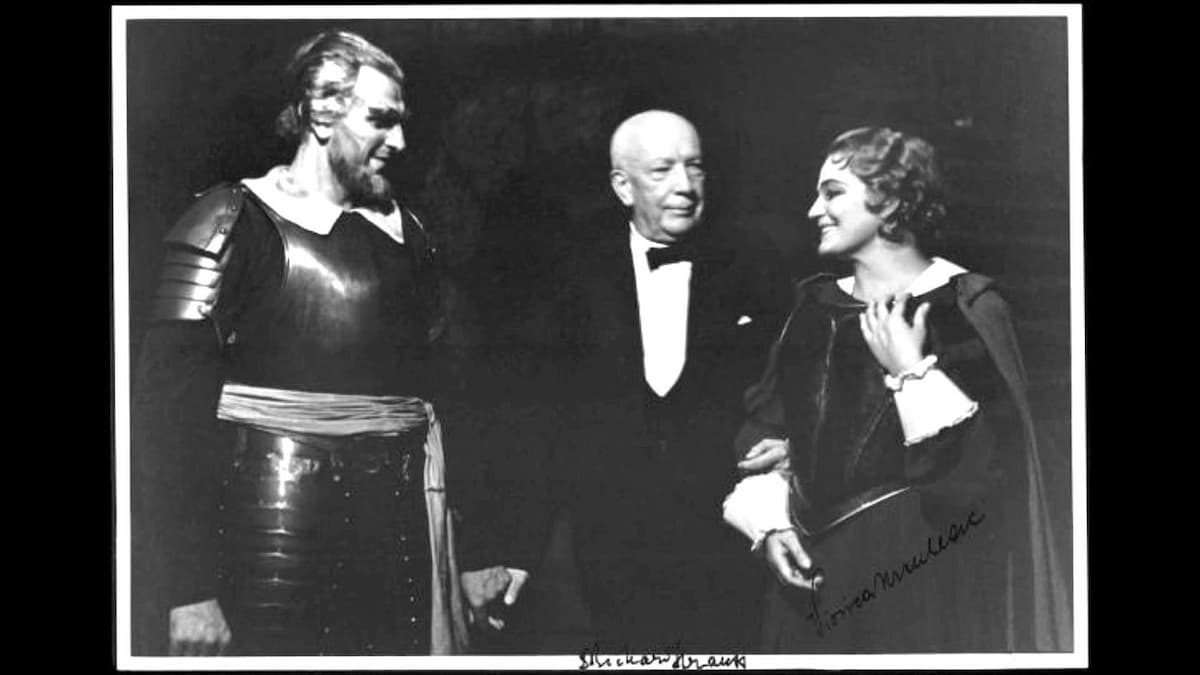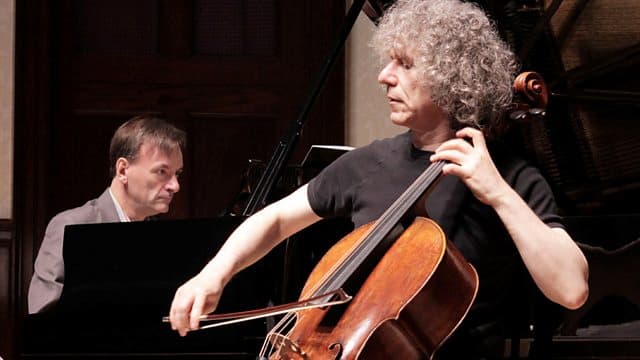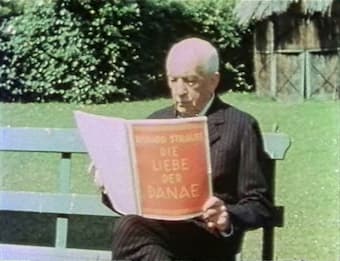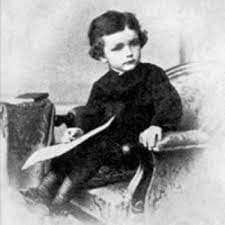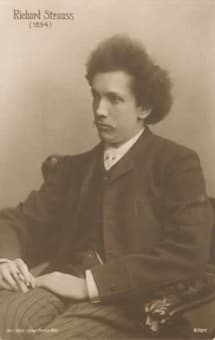Die Frau ohne Schatten (The Woman without a Shadow) became the third full operatic collaboration between Richard Strauss and Hugo von Hofmannsthal. Premiered on 10 October 1919 at the Vienna State Opera, the work is a complex mixture of operatic
R. Strauss
“I may not be a first-rate composer, but I AM a first-class second-rate composer!” Born on 11 June 1864 in Munich, Germany, Richard Strauss (1864-1949) almost exclusively expressed his life and thoughts through music and the arts. From his glorious
The four songs of Richard Strauss’ Op. 27 are among the most admired and most frequently performed vocal works. They include “Ruhe, meine Seele!” to a poem by Karl Henckell, “Cäcilie” to a poem by Heinrich Hart, and “Heimliche Aufforderung”
Premiered on 24 July 1938 at the National Theatre Munich, Friedenstag (Day of Peace) is arguably the least known of Strauss’ opera and in many respects the least characteristic. In fact, this serious, rather earnest treatment of war is certainly
A number of cello sonatas composed around the time of the Brahms sonatas reveal burgeoning cello writing. I’d like to feature two of my favorite romantic cello sonatas, which I heard my father play when I was growing up. The
The first public performance of Richard Strauss’ opera Die Liebe der Danae (The Love of Danae) took place as part of the Salzburg Festival on 14 August 1952. At that time, the composer had already been dead for three years.
Richard Georg Strauss was born on 11 June 1864 as the first of two children of Franz Strauss and Josephine Pschorr. Franz was the principle horn player at the Court Opera in Munich, and a professor at the Royal Music
“God is dead. God remains dead. And we have killed him. How shall we comfort ourselves, the murderers of all murderers?” This most widely quoted statement originating with Friedrich Wilhelm Nietzsche first appeared in the 1882 publication Die fröhliche Wisssenschaft

